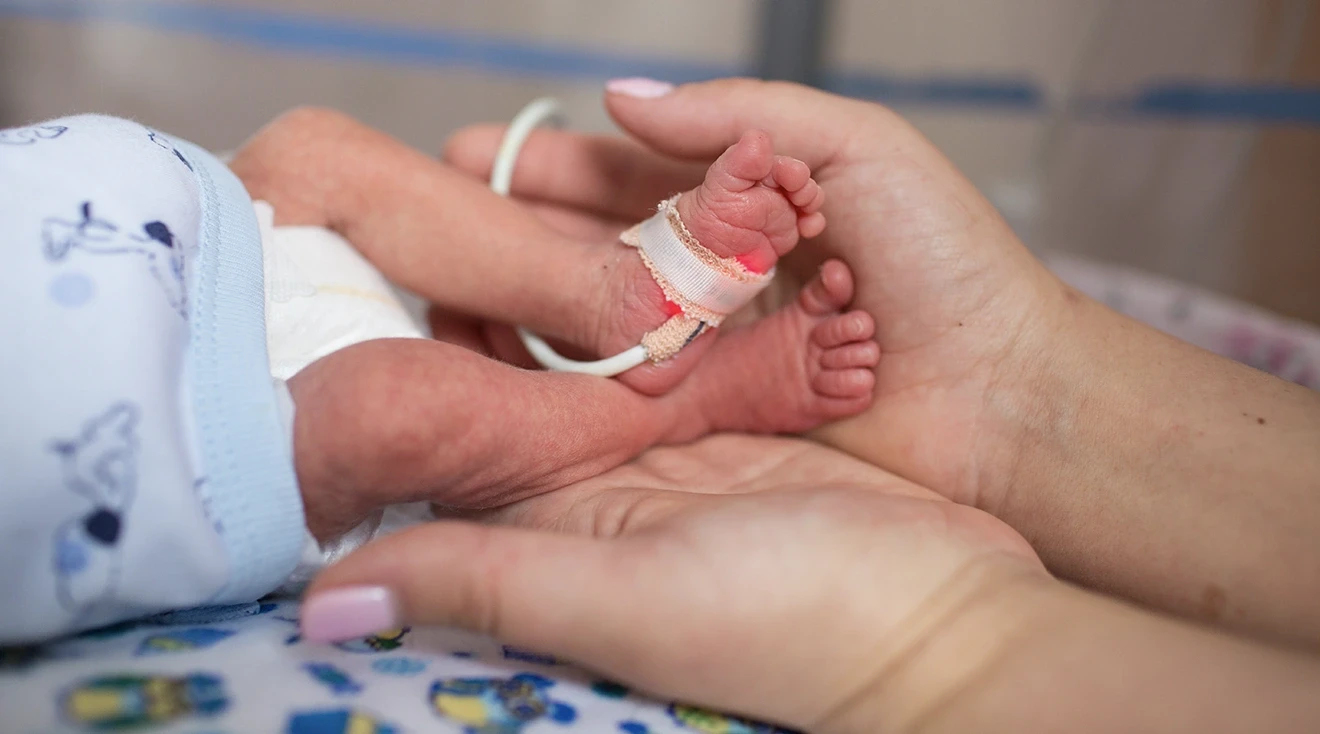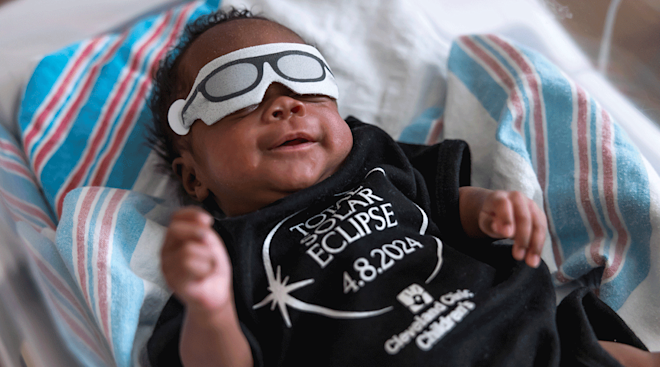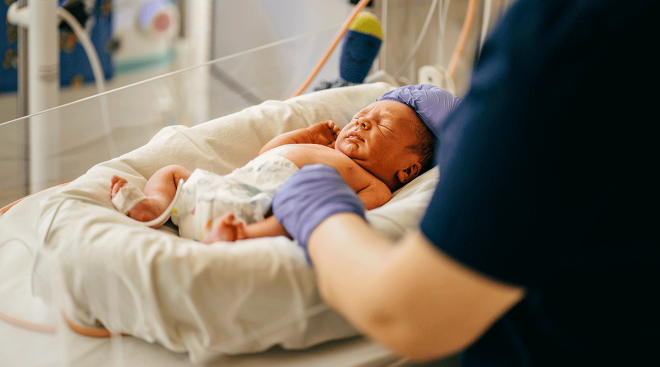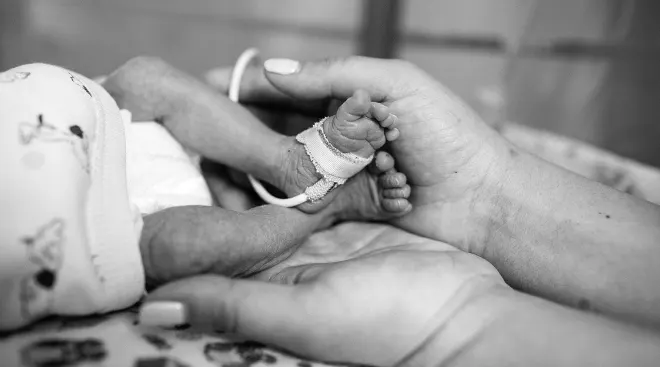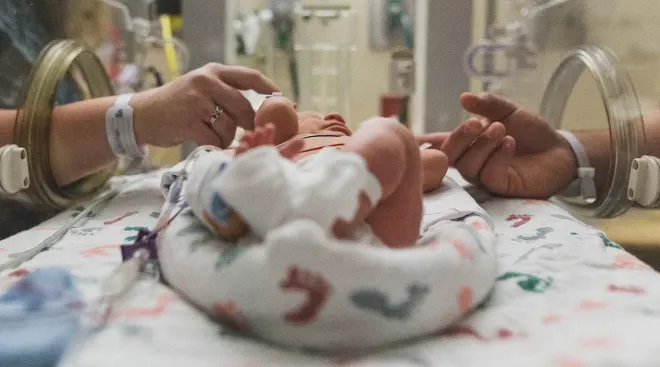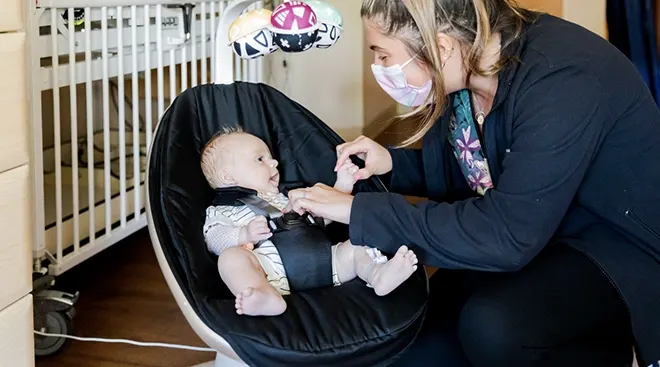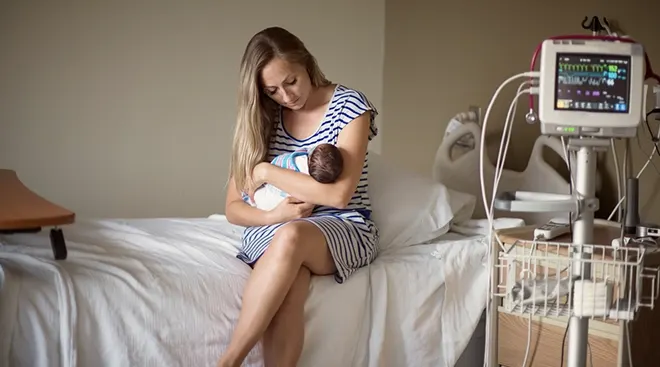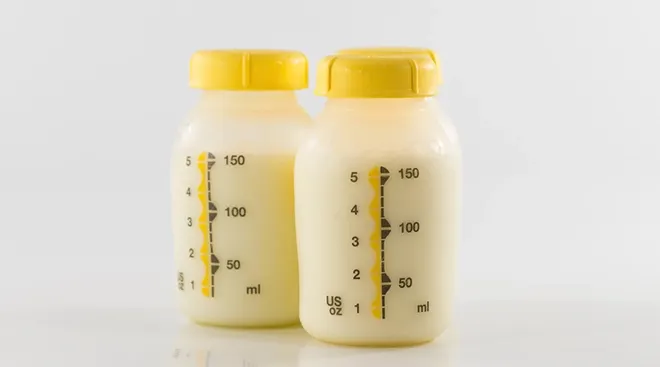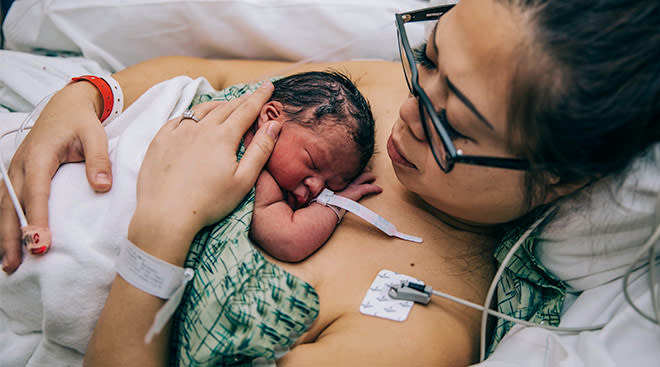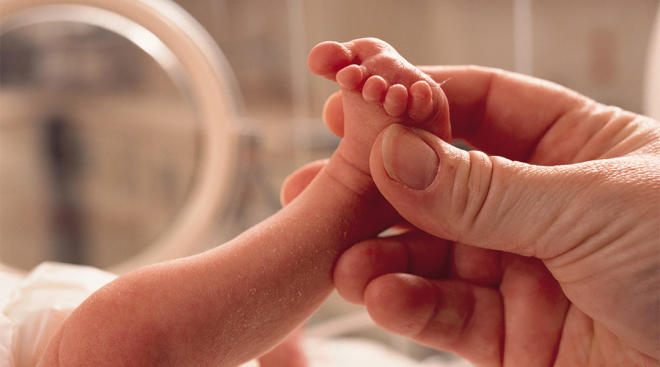Research Reveals Preemies Are Less Likely to Break Bones in Childhood
Life is an uphill battle for preemies right from the start. After spending their early days in the NICU, these little fighters often face ongoing health challenges as they grow up. One such challenge is the risk of weaker bones.
Previous research has shown that babies born very preterm or with extremely low birth weight have a higher susceptibility to this issue. The critical period of mineral accumulation in bones typically occurs during the third trimester of pregnancy, which puts preemies at a disadvantage. Smaller studies have even suggested that these babies may face an increased risk of fractures throughout childhood and beyond. However, groundbreaking new research has flipped this notion on its head.
A recent study conducted by researchers from the University of Eastern Finland and Kuopio University Hospital has found that preemies and low birth weight babies may actually have fewer fractures during childhood compared to their full-term counterparts with normal birth weight.
The study, which delved into data from one million children and nearly 100,000 fractures, drew information from various national registers in Finland to gain insights into birth history and childhood fracture records. The findings left the researchers astounded: preterm and low birth weight infants displayed significantly fewer fractures during childhood. This trend was particularly evident among children born before the 32nd week of pregnancy, who experienced a remarkable 23 percent decrease in fracture rates compared to full-term children. The same pattern persisted for infants weighing less than 2,500 grams, with an even more substantial reduction in fractures for those weighing below 1,000 grams.
Professor Ilari Kuitunen, one of the authors of the study from the University of Eastern Finland, suggests that external factors might explain why preterm babies have a lower risk of fractures. “We know that pre-term children are less likely to participate in sports, and they have less risk-taking behavior even as adults than full-term children,” Kuitunen said in a press release. These lifestyle differences could play a significant role in shaping the fracture rates among preemies.
While further research is necessary to delve deeper into the effects of preterm birth on bone density and composition, parents can take solace in the fact that their preemies might not face as many hurdles as previously believed.
Navigate forward to interact with the calendar and select a date. Press the question mark key to get the keyboard shortcuts for changing dates.

































